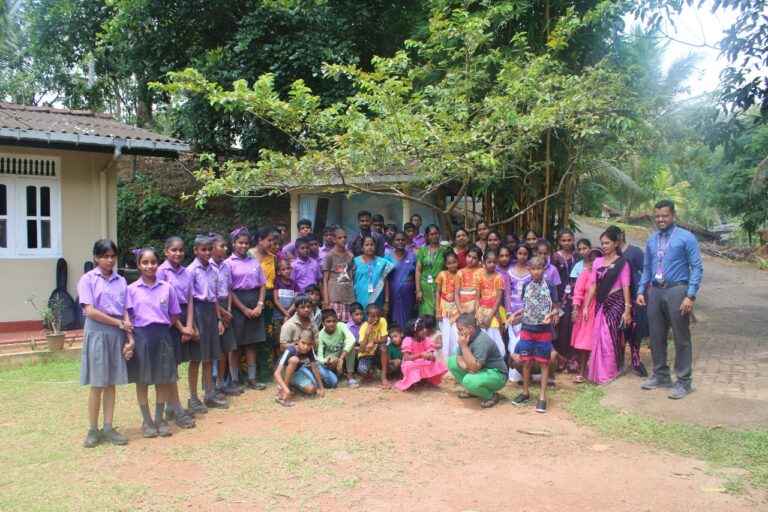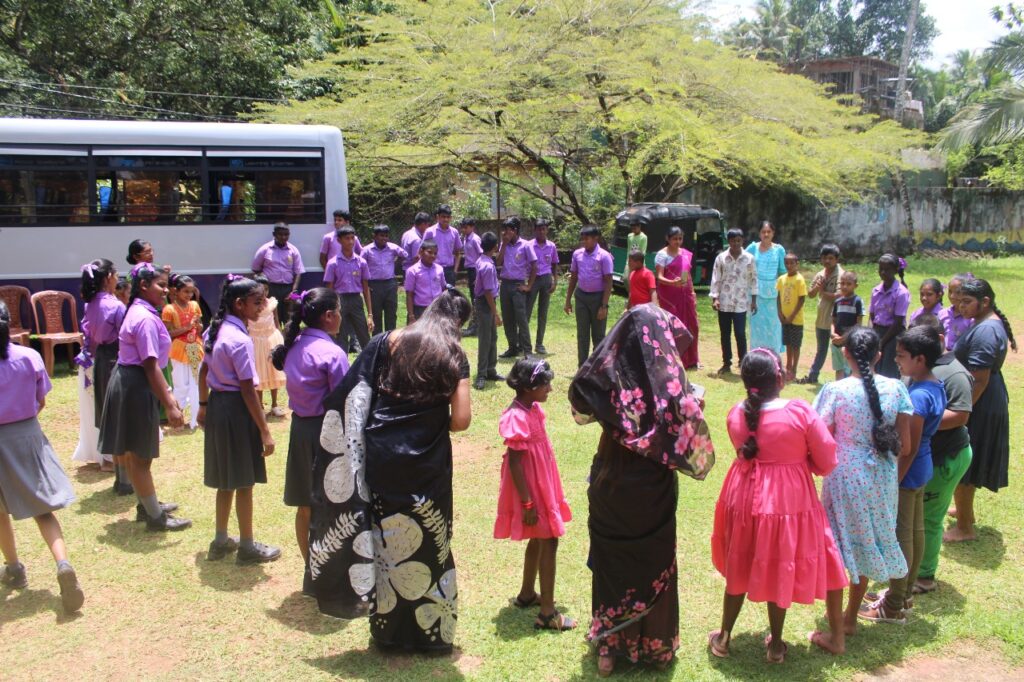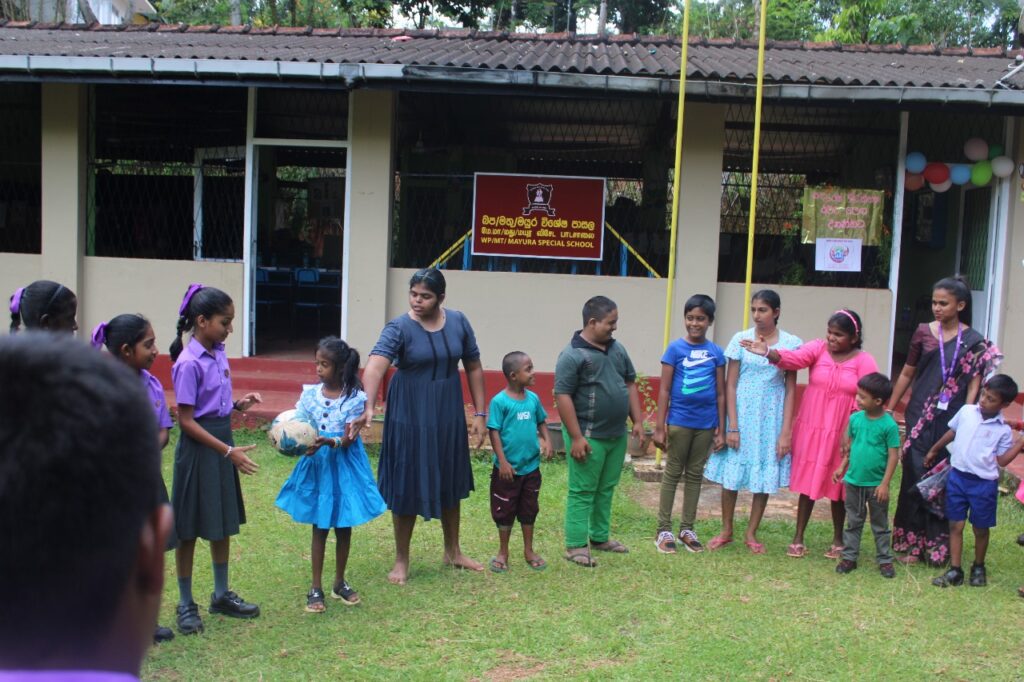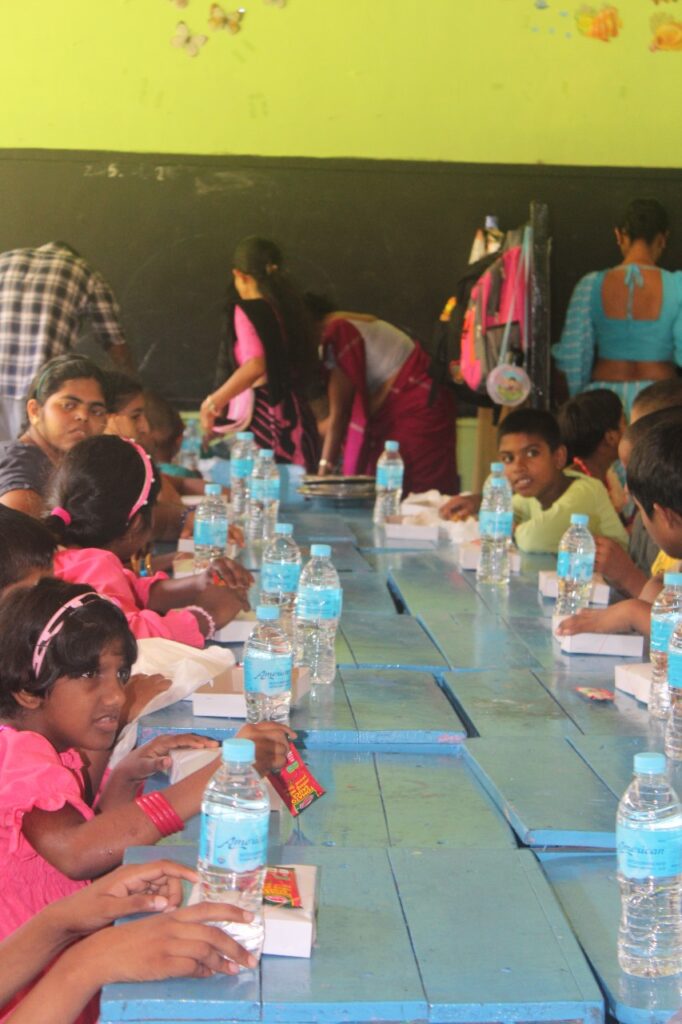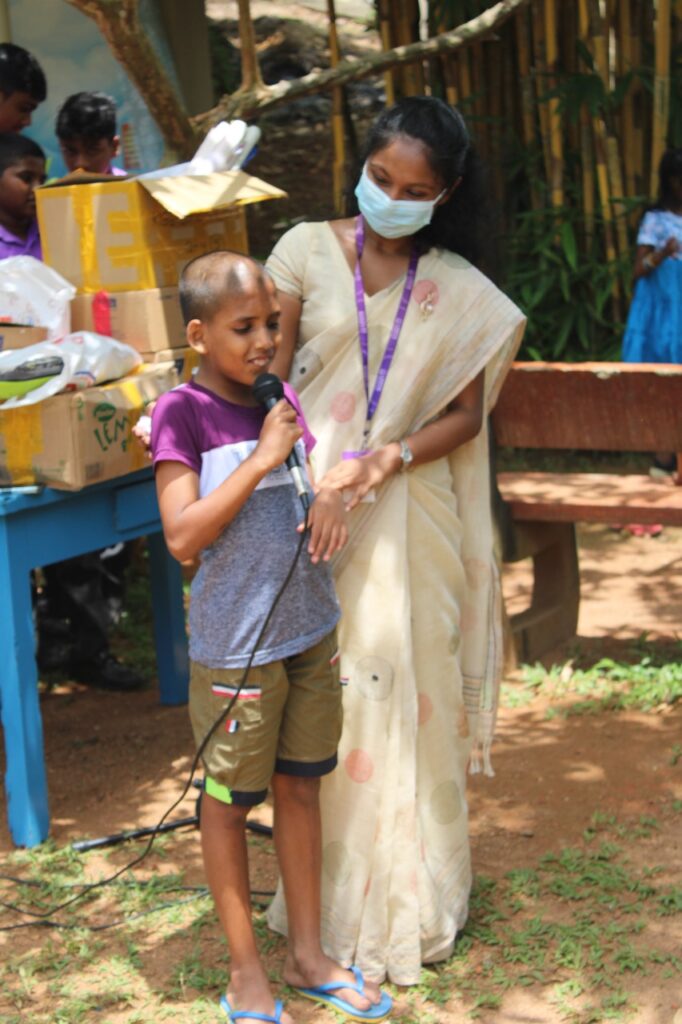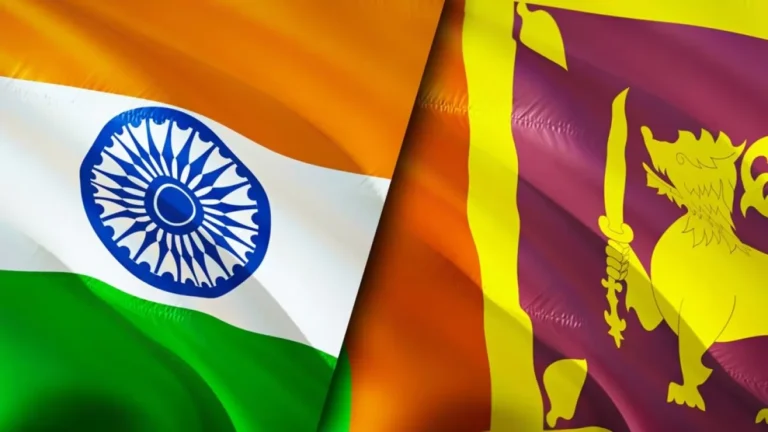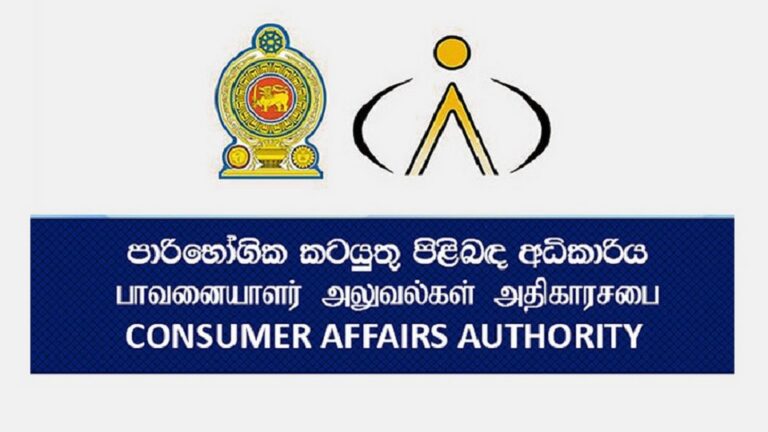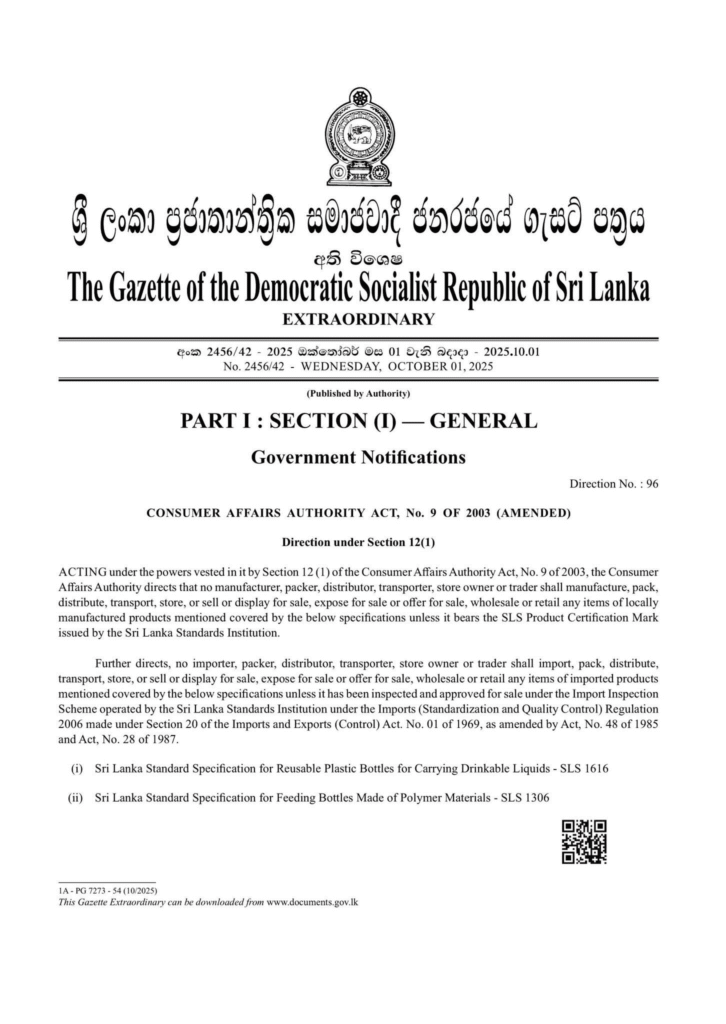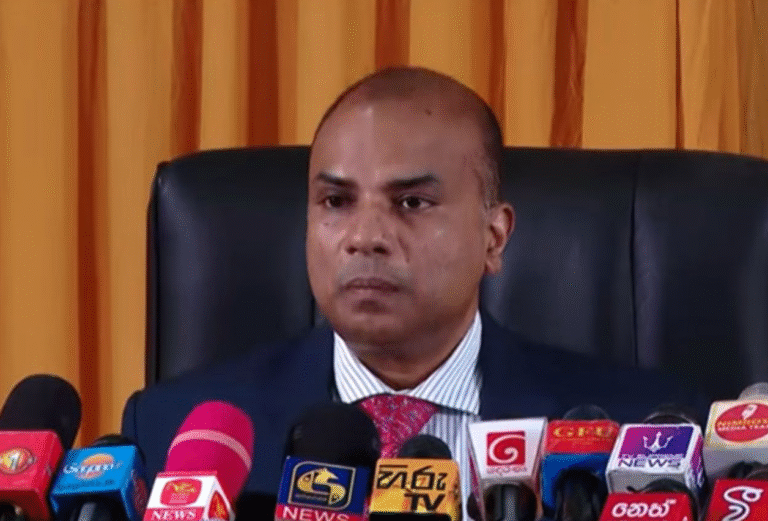Sri Lanka’s newly elected government one year ago set an ambitious target to draw US$5 billion in foreign direct investment (FDI) in 2025. But a growing body of investor testimony, independent reports, and hard data suggest that without deep institutional reforms, this goal may prove aspirational at best.
In early 2025, official data appeared promising: the Board of Investment (BOI) claimed realized FDI of US$203 million in Q1, a rise of 90 percent over the same period in 2024.
By mid-year, BOI further reported US$507 million in foreign inflows in H1, asserting a 101 percent jump year-on-year.
The BOI also approved 57 investment projects totaling US$569 million, of which US$507 million had been realized.
Yet opposition voices and independent critics challenge the narrative. A prominent parliamentary critic claimed that only US$80 million of the government’s Q1 FDI boasts were genuine, accusing the administration of exaggerating inflow figures.
Earlier in 2025, some government sources had claimed Q1 inflows as high as US$650 million a figure later questioned as inflated.
Taken together, these contradictions underscore a deeper issue: headline figures alone cannot mask systemic weaknesses in Sri Lanka’s investment climate.
A major obstacle is the fractured architecture of investment promotion. The BOI was intended as a “one-stop shop,” but its authority is undermined by overlapping ministries and agencies. Investors frequently flag interdepartmental turf wars, sluggish approvals, and policy flip-flops as a deterrent to large-scale commitments.
Under the Economic Transformation Act (ETA) of July 2024, authorities intended to dismantle the BOI in favor of five new agencies (e.g. Economic Commission, Zones SL, and Office for International Trade). But after the NPP government’s victory in late 2024, implementation has stalled and the BOI continues to muddle along amid institutional ambiguity.
Policy mixed signals compound the problem. In January 2025, President Dissanayake pledged to finalize a US$3.7 billion Sinopec oil refinery the country’s largest FDI project to date.
But in February, Adani Green withdrew from a US$400 million wind project, citing government renegotiation efforts.
The government also abruptly shelved broader SOE privatizations, opting instead for “turnaround reforms” that have left private investors uncertain over the future direction of state control.
Even where policies exist on paper, execution is weak. Land acquisition rules remain restrictive: foreigners are generally barred from land ownership, and peace is disrupted by frequent case-by-case exemptions.
Strategic sectors such as banking, coastal shipping, or gem mining impose strict foreign ownership cap ssometimes entirely prohibiting foreign control.
Further complicating the picture, investors say some sectors are treated differently depending on origin: in renewables, for instance, foreign firms benefit from dollar-denominated tariffs, whereas domestic counterparts are paid in rupees.
These preferential rules stoke perceptions of an uneven playing field.Even globally, FDI flows are under pressure. The UN Conference on Trade and Development (UNCTAD) warns of subdued investment across developing markets in 2025.
Sri Lanka, in that context, cannot rely solely on external tailwinds. Domestically, underlying investment trends remain weak. During late 2024, Sri Lanka’s quarterly net FDI inflows hovered around US$138 million—a modest figure against the backdrop of a US$5 billion annual target.
As of September 2024, net flows were only US$45 million, compared to US$384 million in the prior quarter.
Moreover, investment as a share of nominal GDP has slipped—falling to 22.9 percent in Q3 2024, down from 27.7 percent previously. This contraction underscores the broader malaise in capital formation.
Sri Lanka’s aspiration to attract US$5 billion in FDI is bold—but at present, it lacks the structural underpinnings necessary for success. A scattergun approach to policy, weak institutional capacity, opaque regulatory practice, and a reluctance to signal continuity discourage serious investors.
To turn rhetoric into results, Colombo must first deliver consistency: strengthen the BOI (or its successor bodies), digitize approvals, clarify sector-specific rules, and protect investment contracts from reversal. Until then, the government’s FDI target risks being more political posturing than plausible outcome.


